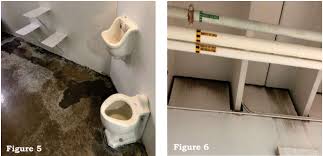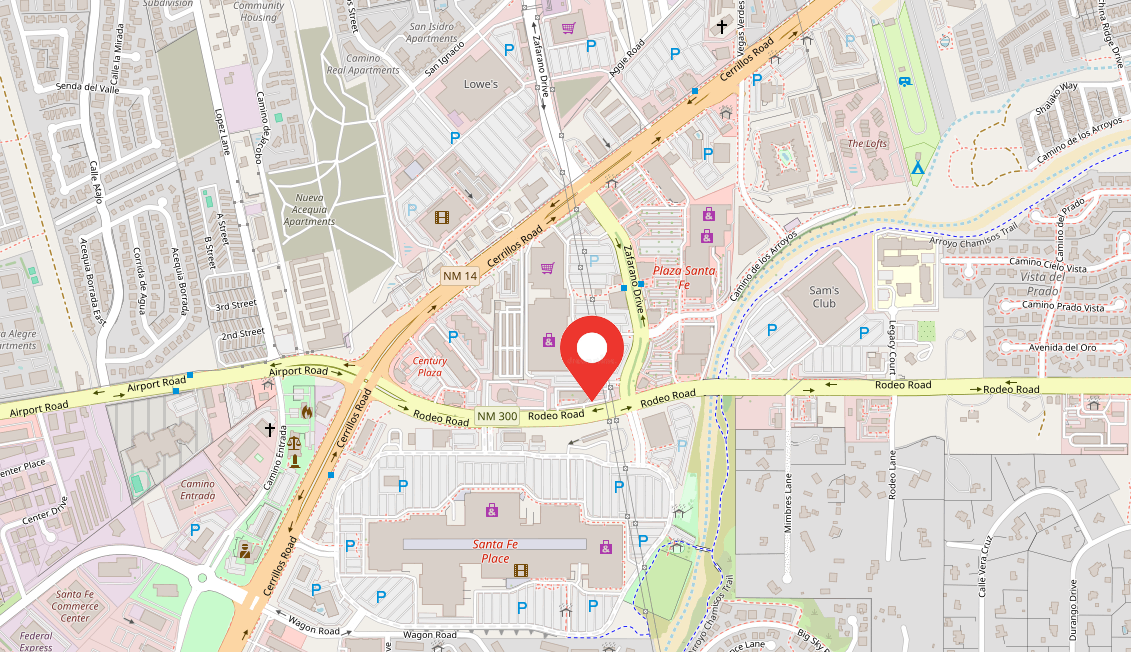Trump’s immigration crackdown is a money-maker for some billion dollar corporations.
Business is booming, for example, at the Torrance County Detention Center, an ICE holding pen operated by the for-profit prison company CoreCivic, located just a little over an hour south of my home in Santa Fe. Shortly after Donald Trump’s inauguration, company CEO Damon Hininger declared (with dollar signs in his eyes) that “I have worked at CoreCivic for 32 years, and this is truly one of the most exciting periods in my career.”
With $2 billion in annual revenue, CoreCivic is one of the largest private prison contractors in the nation. Their mission statement affirms that “CoreCivic is committed to providing high quality, compassionate treatment to all those in our care … we operate safe facilities that provide education and effective reentry programming to help individuals make positive changes … to help justice-involved individuals ease into their new life after incarceration." Unfortunately, the reality doesn’t match the hype.
Federal oversight inspectors last spring told CoreCivic in Torrance County that it needed to relocate its detainees because of unsafe and unsanitary living conditions inside the prison, including clogged or broken toilets in more than half the cells. Others had non-working sinks or lacked hot water. Drinking fountains were broken. According to Source New Mexico, “COVID-19 restrictions on the water fountains left incarcerated people to get drinking water communally from a faucet meant for filling mop buckets.”
Despite the Office of the Inspector General’s findings, more than a hundred new detainees arrested by ICE were moved into the facility less than a month after the report. A fact finding visit by NM Congresswoman Melanie Stansbury found 139 ICE detainees as of mid April. ACLU Staff Attorney Rebecca Sheff accused CoreCivic of “choosing to deliberately go against the OIG recommendations, as well as the demands of our members of Congress and advocates,” adding that “We know from extensive conversation with people detained in Torrance that the decrepit structural issues at the facility, including harmful mold, clogged bathrooms, leaky faucets and much more, remain unresolved.”

During a visit to the prison this past June, N.M. Senator Martin Heinrich found drains in common areas backed up with sewage. In clear violation of the law, his staff were prevented from visiting two of the pods in the prison, perhaps because problems there were even worse.
Apparently nothing has changed. Asylum seeker Juan Ángel Hernández Castillo this July confirmed the unsafe conditions to reporter Megan Gleason. Castillo slipped on a floor soaked with water from a broken faucet and injured his spine, requiring him to use a wheelchair for days with inadequate care. Describing conditions as horrible, he stated that “I would not wish my treatment on anyone else.”
Meanwhile, for CoreCivic investors, the future is looking bright. CoreCivic beat Wall Street’s financial projections for the first quarter of 2025 with $488 million in revenue. Company CEO Damon Hininger enthused that the year “is off to a strong start for CoreCivic. First quarter occupancy in CoreCivic facilities reached 77.0% of available capacity, an increase from 75.2% in the first quarter of last year. Based on cost management and increased bed utilization, particularly from U.S. Immigration and Customs Enforcement (ICE), we exceeded our internal expectations for the first quarter. Additionally, we have begun to re-activate three previously idle facilities under multiple agreements with ICE.”
CoreCivic donated more than a million dollars to Trump’s election campaign war chest in 2024. Now they expect a $400 million increase to their corporate bottom line. Not a bad return on investment for a corporation profiteering from the war on immigrants.















